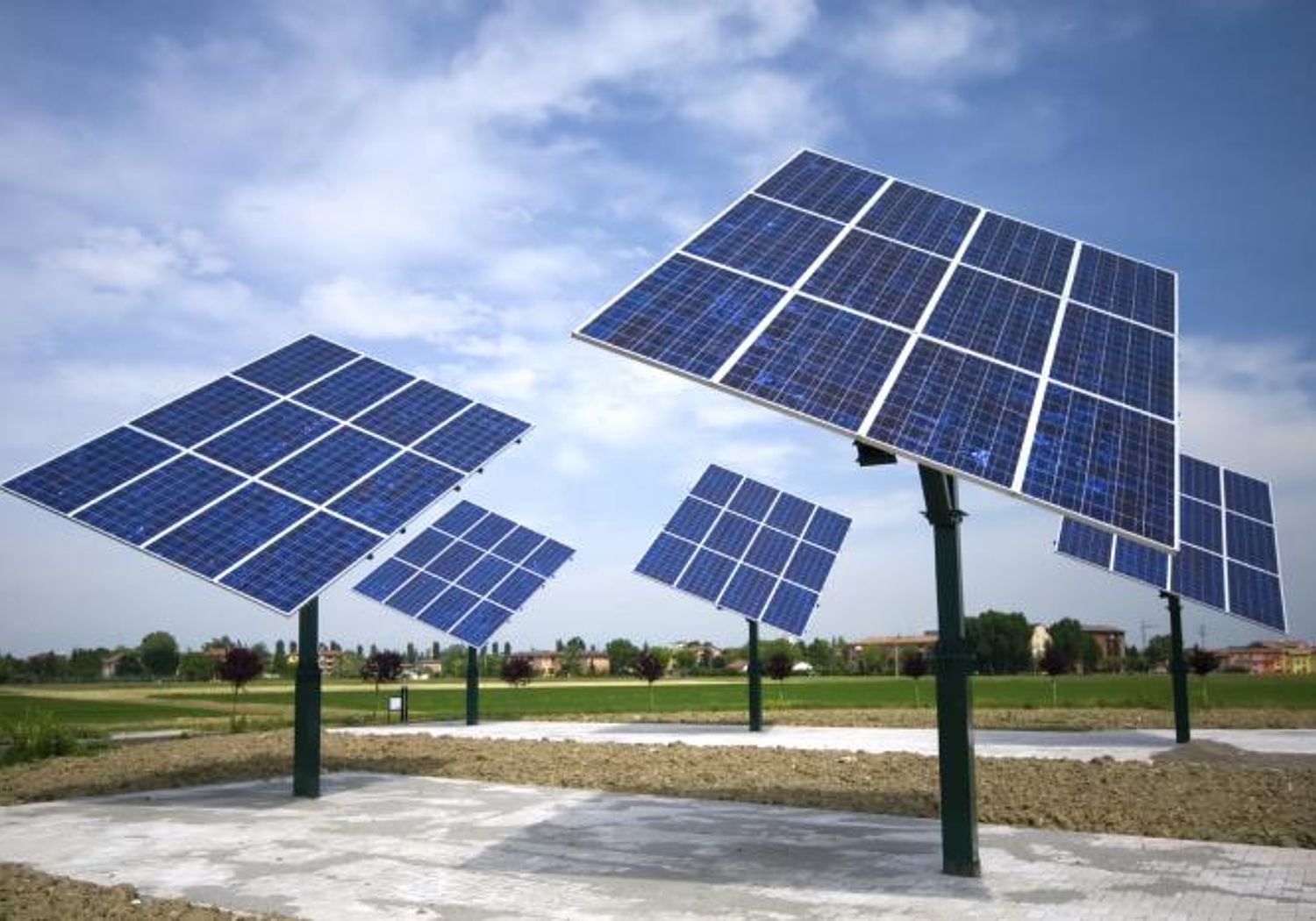Towards an energy-based parameter for photovoltaic classification
Short Name: PhotoClass, Project Number: ENG55
Energy output of solar cells: Eliminating uncertainty in photovoltaics
The International Energy Agency has projected that power generated from photovoltaics (PVs) will be the world’s major source of electricity by 2050. Traditionally, solar modules were sold based on ‘peak power’ output calculated under Standard Test Conditions using fixed values for solar angle, irradiance and module temperature. Across European geographies, these parameters vary considerably. The reference standards used to calibrate these technologies were based solely on crystalline silicon, resulting in discrepancies in calibrating PV devices made from other materials. The resulting lack of certainty between predicted and actual energy outputs has been estimated to have added tens of billions of Euros per year of uncertainties to estimates of profitability, therefore reducing investor confidence in solar plants.
This project developed and ratified a more realistic and accurate energy classification scheme for a range of solar cell technologies.
The project:
• Introduced a new measurement classification system for PV devices based on energy output for different climate zones across Europe.
• Published three new international standards in IEC 61853 as well as three good practice guides for PV measurements.
• Developed and validated new SI traceable calibration reference devices capable of measuring a greater range of light levels for different types of solar cell technology.
• Developed four new facilities to provide measurement services for PV modules over a range of operating conditions.
Delivering impact
The new classification system and the standards enabled producers to rate PV modules in terms of actual energy output (in watts per hour) for a range of irradiances tailored to specific climatic zones, meaning that local light levels, temperatures and angle of the sun can each be taken into account.
As a result the international standard for calibrating reference cells, the World PV Scale (WPVS), was improved. New stable reference devices incorporating these advancements were then commercialised by Fraunhofer ISE, the largest solar research institute in Europe.
For the first time producers and purchasers have a standardised way to accurately estimate and specify PV modules for specific geographical and climatic conditions. This allows a more accurate determination of which types of solar cell to install at any one site and greater certainty for projections of return on investments, so increasing confidence in solar energy.
EMPIR project 19ENG01 Metro-PV builds on this work.
Solar Energy
Renewable and Sustainable Energy Reviews
Proceedings of the 33rd European PV Solar Energy Conference and Exhibition (EU PVSEC 2017)
Solar Energy
Progress in Photovoltaics: Research and Applications
IEEE Journal of Photovoltaics
Measurement
Remote Sensing of Environment
EU PVSEC
IEEE Journal of Photovoltaics
Proceedings of the 32nd European PV Solar Energy Conference and Exhibition ( 32nd EU PVSEC)
Proceedings of the 32nd European PV Solar Energy Conference and Exhibition ( 32nd EU PVSEC)
Proceedings of the 32nd European PV Solar Energy Conference and Exhibition ( 32nd EU PVSEC)
Proceedings of the 32nd European PV Solar Energy Conference and Exhibition ( 32nd EU PVSEC)
Energies
Proceedings of the 31st European Photovoltaic Solar Energy Conference and Exhibition
Proceedings of the 31st European Photovoltaic Solar Energy Conference and Exhibition
EU PVSEC Proceedings 2014
29th European Photovoltaic Solar Energy Conference,
Proceedings EUPVSEC 2014, Amsterdam, Netherlands
Proceedings of the 29th European PV Solar Energy Conference and Exhibition
